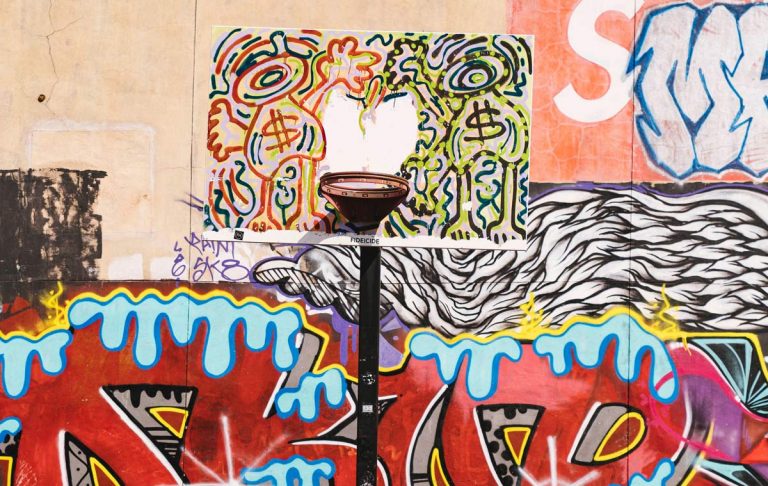Jeff Bezos’ ex-wife MacKenzie Scott donated nearly $4.2 billion in the last 4 months
On Tuesday 15 December, MacKenzie Scott, the world’s 18th-richest person, publicly revealed that she was the one behind the donations to dozens of colleges and universities in the US, part of nearly $4.2 billion she had given to 384 organisations in the last four months.
Scott, who was formerly married to the Amazon founder Jeff Bezos (also known as the world’s richest person), has pledged to give away most of her wealth. Her shares in Amazon were valued at about $38 billion last year but would have gained value during the COVID-19 pandemic.
According to The New York Times, Scott made donations to colleges and universities that many people have never heard of, and that tended to serve regional, minority and lower-income students. The money came after weeks of secret conversations between Scott’s representatives and college presidents who were interviewed about their missions, as several of the presidents revealed on Wednesday.
When they learned who was behind the effort, it was a surprise but it could not have come at a better time, when the pandemic was hitting their student bodies hard, they admitted. After Scott gave $50 million, the biggest gift the university had ever received, to Prairie View A&M University, a historically Black college in Prairie View, Texas, its president Ruth Simmons thought she had misheard and the caller had to repeat the number: “five-zero.”
Scott made gifts to more than a dozen historically black colleges and universities, as well as community and technical colleges and schools serving Native Americans, women, urban and rural students. Some of the college presidents said that Scott had put no restrictions on the funds, allowing them to determine how to use them.
The funds were delivered to Prairie View on 20 October, and Simmons said she had been permitted to start disbursing money immediately to students affected by the pandemic. Speaking to The New York Times, Simmons said she was initially asked to keep word of the gift confidential, yet argued that making it public knowledge would send an important message.
“I used to be the president of one of those big colleges—Brown University—and there, of course, it was quite routine to be in conversations with people about gifts of this size,” Simmons said. “But it rarely happens in institutions like Prairie View, and it rarely happens especially for the kinds of students that we serve.”
The Borough of Manhattan Community College, a predominantly black and Hispanic institution in Lower Manhattan, received $30 million from Scott. A sister school within the City University of New York system, Lehman College, also received $30 million. Morgan State University, a historically black university in Baltimore, was given $40 million, and West Kentucky Community and Technical College in Paducah $15 million.
Scott’s latest gifts bring her charity to almost $6 billion in 2020, an impressive amount. In a Medium post on Tuesday, she wrote: “This pandemic has been a wrecking ball in the lives of Americans already struggling. Economic losses and health outcomes alike have been worse for women, for people of color, and for people living in poverty.”
Of course, many other billionaire philanthropists have previously donated impressive amounts of money to schools but few choose to make donations to colleges and universities that many people have never heard of. To these institutions, a $20 million donation is the equivalent of several times that to a Harvard or Yale, and could have a disproportionate impact.
Scott does not have a personal connection to most, if any, of these universities, which could imply that she simply is conveying a message of support and inclusion to minority and lower-income students.
West Kentucky Community and Technical College said it would use its gift to help disadvantaged rural adults and students prepare for the workforce. Prairie View A&M is using $10 million of its share to create the Panther Success Grant Program, to help juniors and seniors who have suffered financially from the pandemic to pay their college bills. The rest of the money will be allocated to the university’s endowment, raising it to $130 million from $95 million, which would support things like faculty recruitment and undergraduate scholarships.
Scott’s generosity is an endorsement of the value of these schools’ students and what they are doing in striving for education—something that Bezos has never done before and will probably never do in the future.






